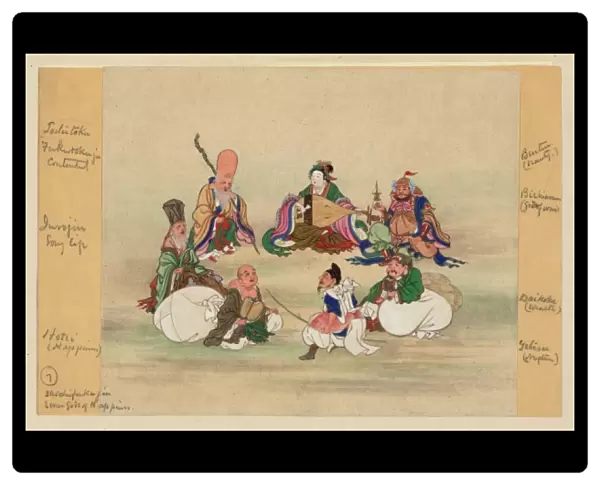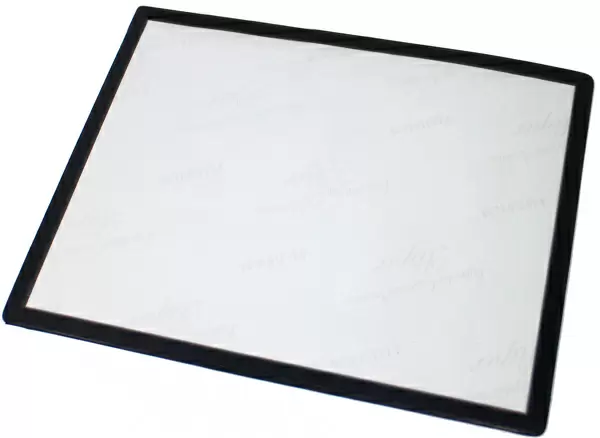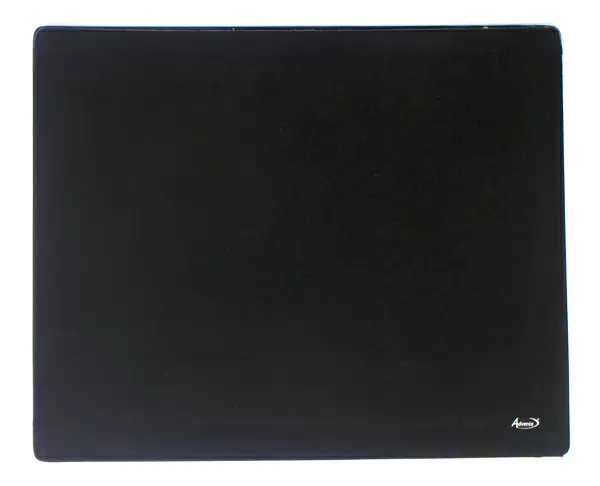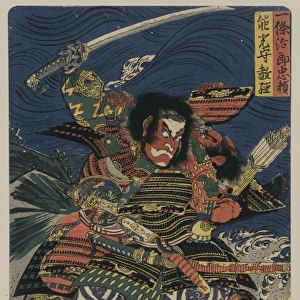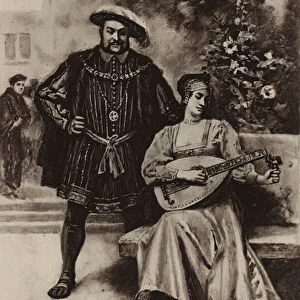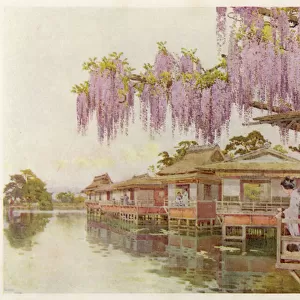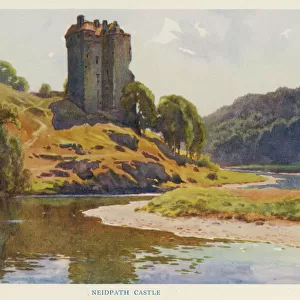Mouse Mat > Asia > Japan > Related Images
Mouse Mat : Seven gods of good luck
![]()

Home Decor from Mary Evans Picture Library
Seven gods of good luck
Seven gods of good luck. Drawing shows the seven lucky gods of Japan: Ebisu, Daikokuten, Bishamonten, Benzaiten, Fukurokuju, Hotei, and Jurojin seated in a circle. Date ca. 1878
Mary Evans Picture Library makes available wonderful images created for people to enjoy over the centuries
Media ID 7351656
© Mary Evans Picture Library 2015 - https://copyrighthub.org/s0/hub1/creation/maryevans/MaryEvansPictureID/10603268
Gods Good Luck Woodblocks Woodcuts
Mouse Mat
A high quality photographic print manufactured into a durable wipe clean mouse mat (27x22cm) with a non slip backing, which works with all mice.
Archive quality photographic print in a durable wipe clean mouse mat with non slip backing. Works with all computer mice
Estimated Image Size (if not cropped) is 25.4cm x 17.5cm (10" x 6.9")
Estimated Product Size is 26.9cm x 21.8cm (10.6" x 8.6")
These are individually made so all sizes are approximate
Artwork printed orientated as per the preview above, with landscape (horizontal) orientation to match the source image.
EDITORS COMMENTS
This woodblock print showcases the seven revered deities of good fortune and prosperity in Japanese mythology, collectively known as the "Seven Gods of Good Luck." The image, believed to date back to around 1878, depicts Ebisu, Daikokuten, Bishamonten, Benzaiten, Fukurokuju, Hotei, and Jurojin, each seated in a serene circle. Ebisu, the god of fishermen and merchants, is shown holding a fishing rod and a sea bream. Daikokuten, the god of rice and prosperity, is often depicted with a large sack of rice over his shoulder and a rosary in his hand. Bishamonten, the god of war and protection, is shown with a spear and a banner bearing the character for victory. Benzaiten, the goddess of music, dance, and fertility, is depicted holding a musical instrument and a fan. Fukurokuju, the god of happiness and longevity, is shown with a long, knotted rope, symbolizing longevity, and a treasure jar. Hotei, the god of contentment and happiness, is often depicted with a large belly and a fan, symbolizing the spreading of good fortune. Jurojin, the god of longevity, is shown with a staff and a jade disk, symbolizing long life and good health. These seven deities have been revered in Japan for centuries, and their images have been featured in various forms of art, including woodblock prints, paintings, and sculptures. The intricate details and vibrant colors of this woodblock print serve as a testament to the enduring appeal and significance of these gods in Japanese culture.
MADE IN THE UK
Safe Shipping with 30 Day Money Back Guarantee
FREE PERSONALISATION*
We are proud to offer a range of customisation features including Personalised Captions, Color Filters and Picture Zoom Tools
SECURE PAYMENTS
We happily accept a wide range of payment options so you can pay for the things you need in the way that is most convenient for you
* Options may vary by product and licensing agreement. Zoomed Pictures can be adjusted in the Basket.

